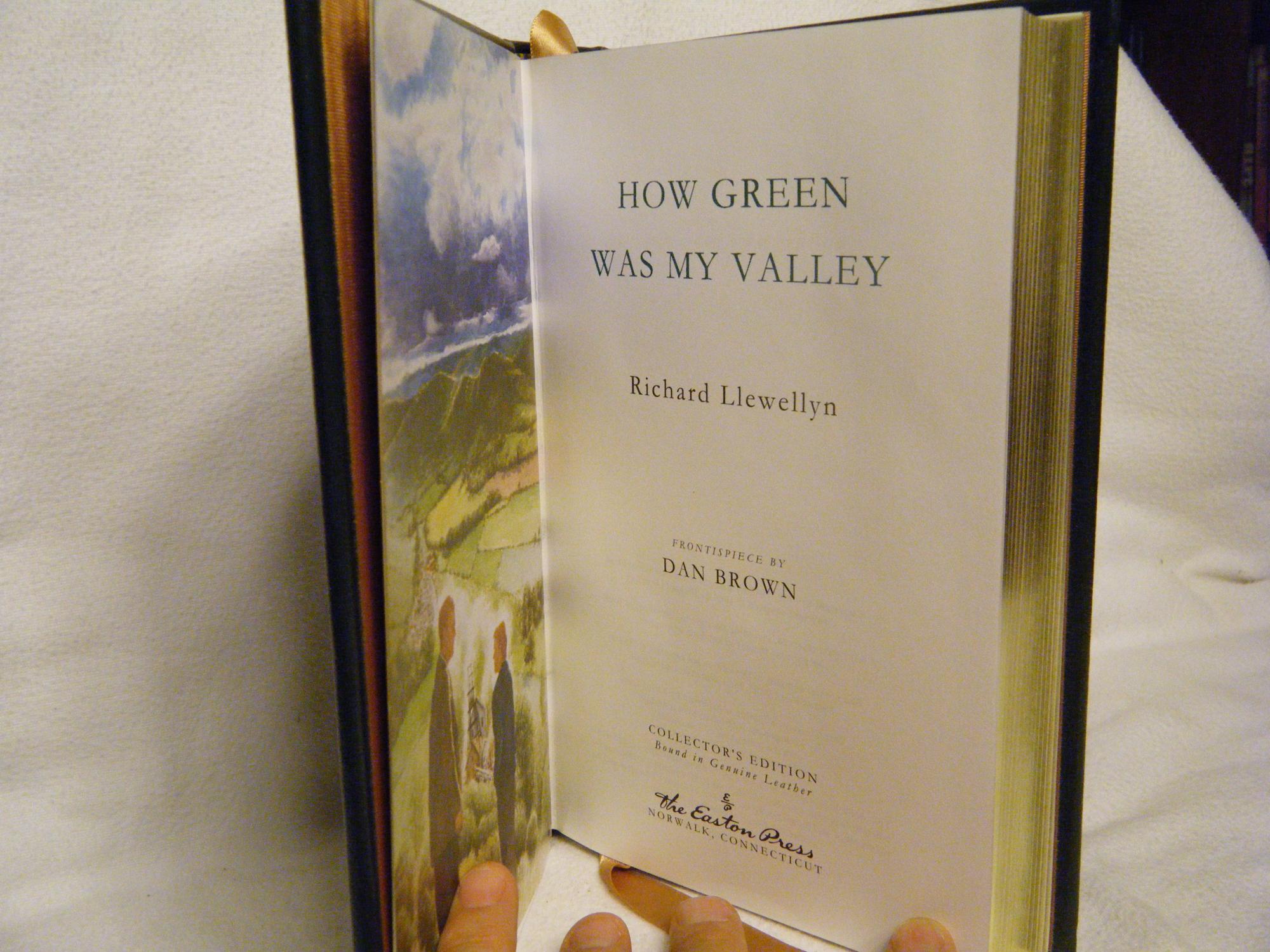


Coming of Age: Huw grows up quite a bit over the course of the movie.Not bad for one of the youngest children in the Morgan family. He even got a graduation certificate and made honors within a few months of schooling. His academic ability set him apart from his elder brothers and enabled him to go to school. Child Prodigy: Huw's surprisingly smart and mature for his age.Huw's father also promises to pay Huw a certain amount for each bruise and black eye he comes home with. Boxing Lesson: To deal with the bullying Huw is getting - he's the poor kid at an upper-class school - his father gets boxing champion Dai Bando to teach Huw how to box.Jones they volunteered to have a word with Jonas. Big Brother Instinct: When Huw's older brothers saw he he was beaten up by Mr.Bookends: The scenes in the film both following mine accidents, where Gwillym cradles his son Ivor's dead body on the elevator, and where Huw similarly cradles his father's dead body on the same elevator.As the Good Book Says.: Angharad uses Jesus' words to the sinful women when she protests the elders' condemnation of an unwed mother: "Go now and sin no more.".Adapted Out: In the book, Huw had three sisters named Angharad, Ceridwen, and Olwen but in the film adaptation, Angharad was the only daughter in the family.This novel and film provides examples of: In 1990, it was selected for inclusion in the National Film Registry of the Library of Congress. As a result, Valley is best known today as "that movie that won Best Picture but maybe shouldn't have".

The problem? Also up for Best Picture in 1942 was a little picture by a novice director called Citizen Kane, widely regarded as one of the greatest films - if not the greatest film - ever made and another one you might possibly have heard of called The Maltese Falcon, which virtually codified the entire genre of Film Noir. The film was a great financial success and later won five Oscars, including one of the most (in)famous examples of the Award Snub backlash: it won for Best Picture in 1942, which doesn't seem that much of a surprise, since it was well-received at its time, and still maintains a good reputation among film buffs. Gruffydd (as well as her loveless and failed marriage into the mine owner's family), and a miner's strike in his town. Through his eyes, we see such events as his brother Ivor's wedding, the consequences of his sister Angharad's chaste romance with preacher Mr. It tells the story of Huw Morgan, the youngest son of a mining family in the Welsh village of Cwm Rhondda. How Green Was My Valley is a 1939 novel by Richard Llewellyn, which was adapted into a 1941 20th Century Fox film directed by John Ford and starring Walter Pidgeon, Donald Crisp, Maureen O'Hara, and Roddy McDowall, with a score by Alfred Newman.


 0 kommentar(er)
0 kommentar(er)
